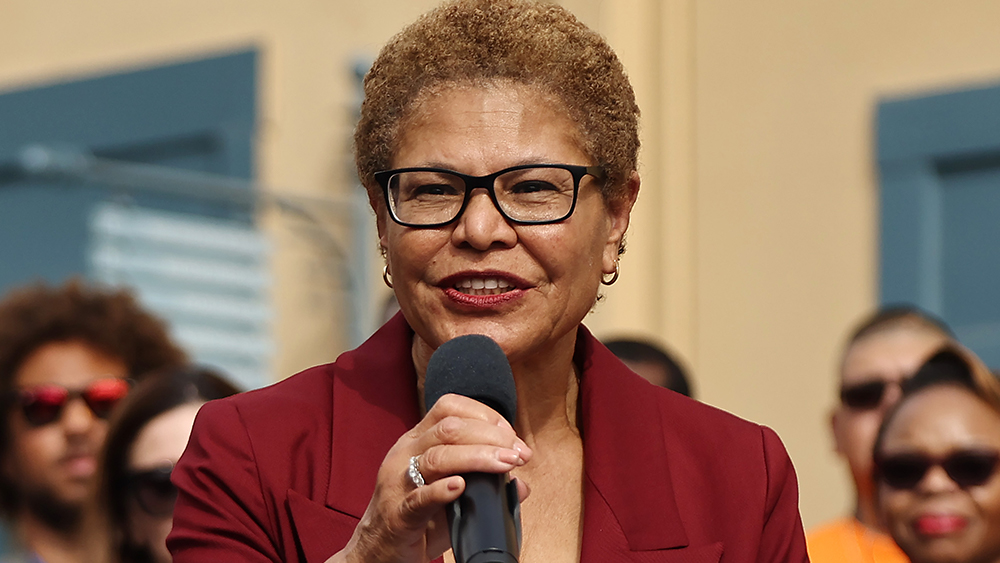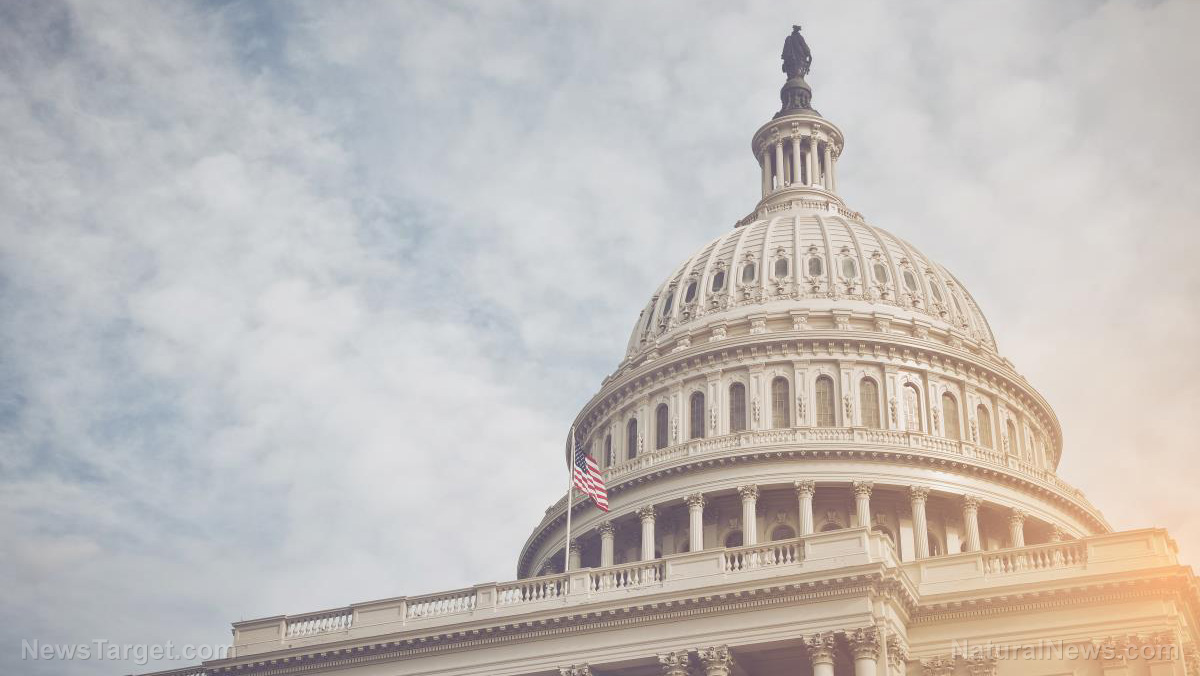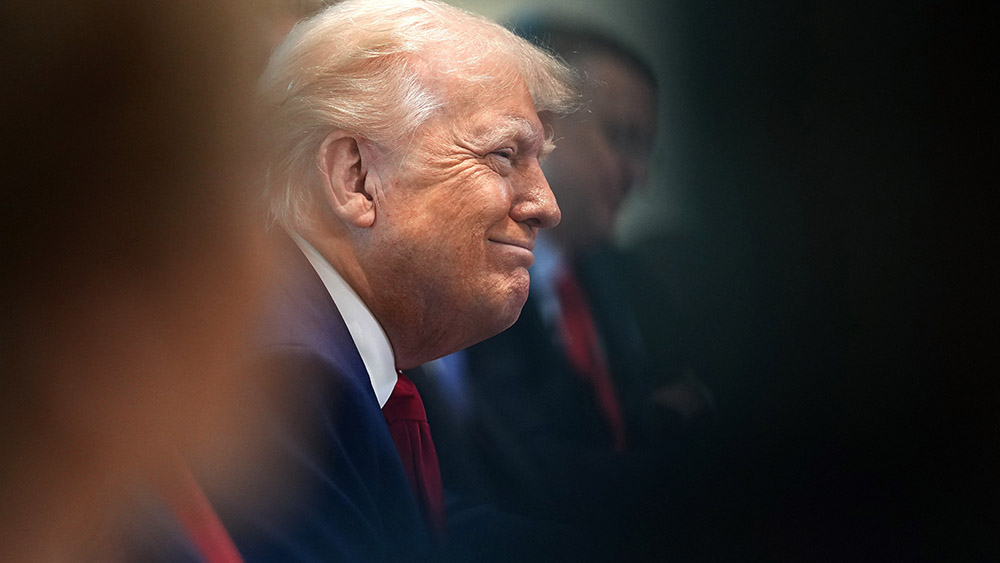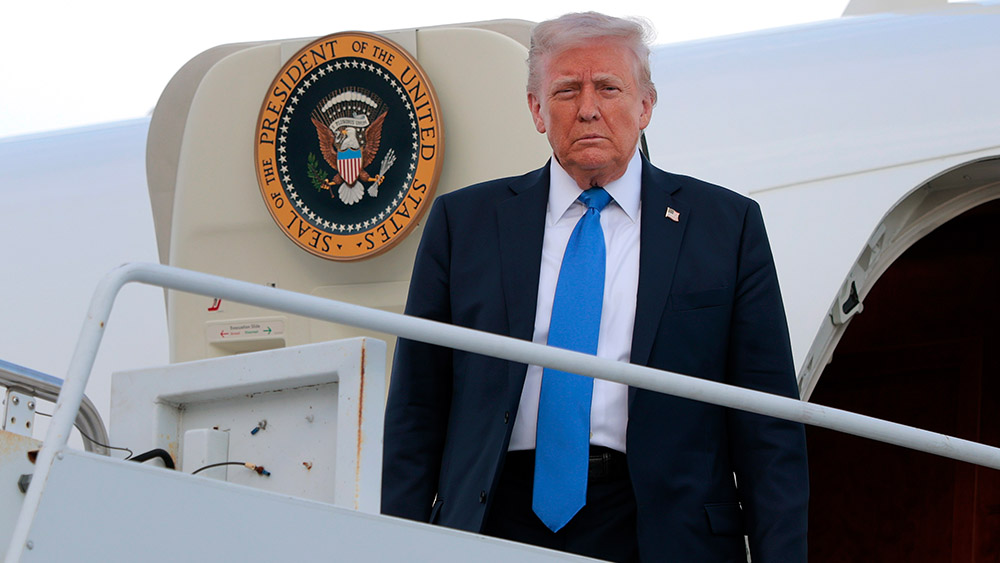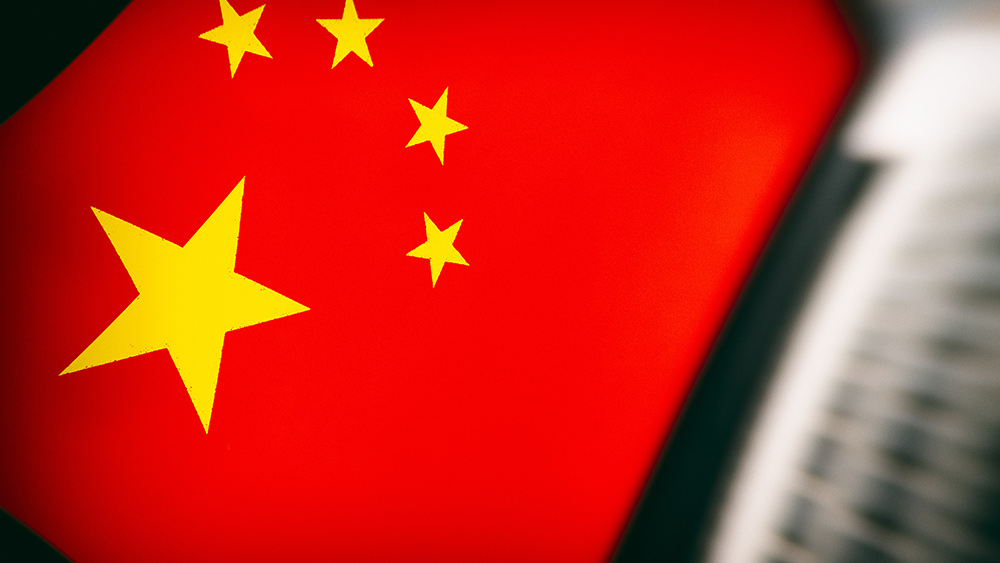America’s AI apathy: How resistance to artificial intelligence will leave the U.S. in the dust
05/22/2025 / By Lance D Johnson
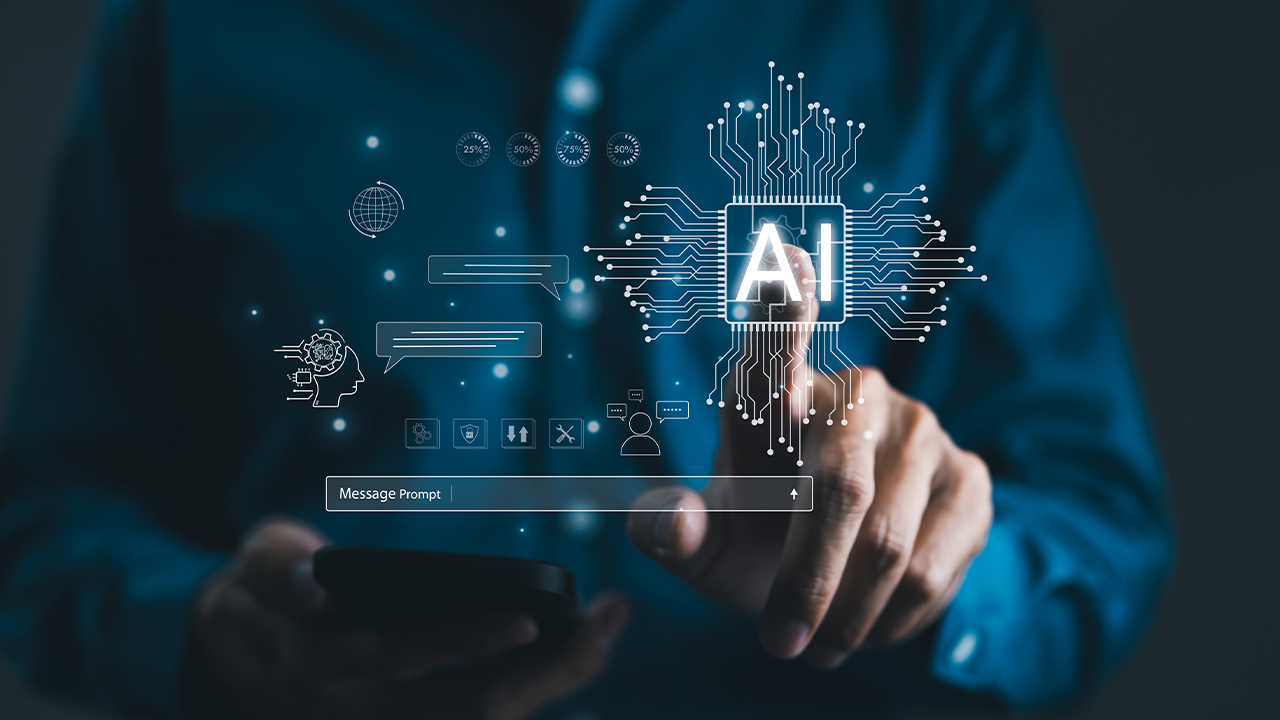
As the world races toward an AI-driven future, America is hitting the brakes. While nations like China, India, and Indonesia embrace artificial intelligence with enthusiasm, the U.S. lags behind, with only 22% of Americans expressing excitement about AI tools like ChatGPT. This reluctance isn’t just a matter of preference—it’s a looming crisis. As AI reshapes industries, education, and daily life, those who resist its adoption risk being left behind in a world where efficiency, innovation, and economic dominance are increasingly dictated by algorithms. The question isn’t whether AI will transform society—it already is. The real question is: Will America wake up before it’s too late?
Key points:
- Only 22% of Americans are excited about using AI in daily life, far behind countries like India (50%), China (80%), and Indonesia (76%).
- Asia leads in AI adoption, with China, Thailand, and South Korea embracing AI’s potential, while Western nations remain skeptical.
- AI is already revolutionizing industries, from medicine to autonomous driving, with global revenues expected to surge—yet U.S. hesitation threatens competitiveness.
- Without widespread AI literacy, Americans risk losing economic and technological ground to nations aggressively integrating AI into education, business, and governance.
The global AI divide: Who’s leading, who’s lagging?
While Americans drag their feet, Asia is sprinting ahead. According to Statista and Ipsos surveys, China boasts an 81% self-reported understanding of AI, with 80% of its citizens excited about AI-driven products. Indonesia and Thailand follow closely, with 80% and 69% familiarity, respectively. Meanwhile, in Japan and Italy, skepticism prevails, with only 10% and 20% enthusiasm. The U.S. sits uncomfortably in the middle—neither leading nor entirely rejecting AI, but dangerously indifferent.
This divide isn’t accidental. Countries like China have prioritized AI education and integration, embedding it into national strategy. The Chinese Communist Party (CCP) openly promotes AI development, even in politically sensitive areas, while maintaining tight control over narratives. Meanwhile, Western nations, particularly the U.S., remain mired in debates over AI ethics, bias, and job displacement—valid concerns, but ones that shouldn’t paralyze progress.
The cost of resistance: Economic and technological fallout
AI isn’t a passing trend—it’s the backbone of the next industrial revolution. Forecasts predict explosive growth in AI revenues, with applications spanning healthcare diagnostics, autonomous vehicles, and even creative industries. Yet, American reluctance could spell disaster.
Consider this: If U.S. workers and businesses fail to adapt, they’ll lose ground to foreign competitors who harness AI for productivity and innovation. Already, countries like India—where 50% of respondents embrace AI—are positioning themselves as global tech hubs. Meanwhile, American students risk falling behind in a world where AI-assisted research, writing, and problem-solving are the norm.
The irony? Many of the tools reshaping the world—like ChatGPT—were developed by U.S. companies. OpenAI, a pioneer in AI chat bots, is American. Yet, while the U.S. invents, others implement.
Breaking the cycle: From skepticism to mastery
Americans are less interested and less excited to use artificial intelligence in their daily lives, and will soon fall behind other nations, as AI becomes enmeshed in careers, education, business, etc., no matter whether people like it or not. Failing to learn how to use AI in a productive manner and resisting its technological advancements will inevitably backfire, leaving swaths of people behind. In one way, AI is allowing people to time travel into the future by consolidating mundane tasks, advancing creativity, and saving extraordinary amounts of time while doing so.
The solution isn’t blind adoption but informed engagement. Critics rightly highlight AI’s flaws—censorship, bias, and corporate control. OpenAI’s early refusal to answer questions on vaccines or government policy, and Anthropic’s avoidance of Big Pharma criticism, reveal troubling agendas. But disengaging entirely only cedes power to those shaping AI behind closed doors. Instead, Americans must demand transparency, master AI tools, and reclaim their role in the technological revolution.
Sources include:
Submit a correction >>
Tagged Under:
AI adoption, AI bias, AI education, artificial intelligence, automation, Big Pharma, Censorship, ChatGPT, China tech, corporate control, economic impact, future of work, global competition, industrial revolution, innovation, job market, technological literacy, technology trends, U.S. decline
This article may contain statements that reflect the opinion of the author
RECENT NEWS & ARTICLES
COPYRIGHT © 2017 RISK NEWS




